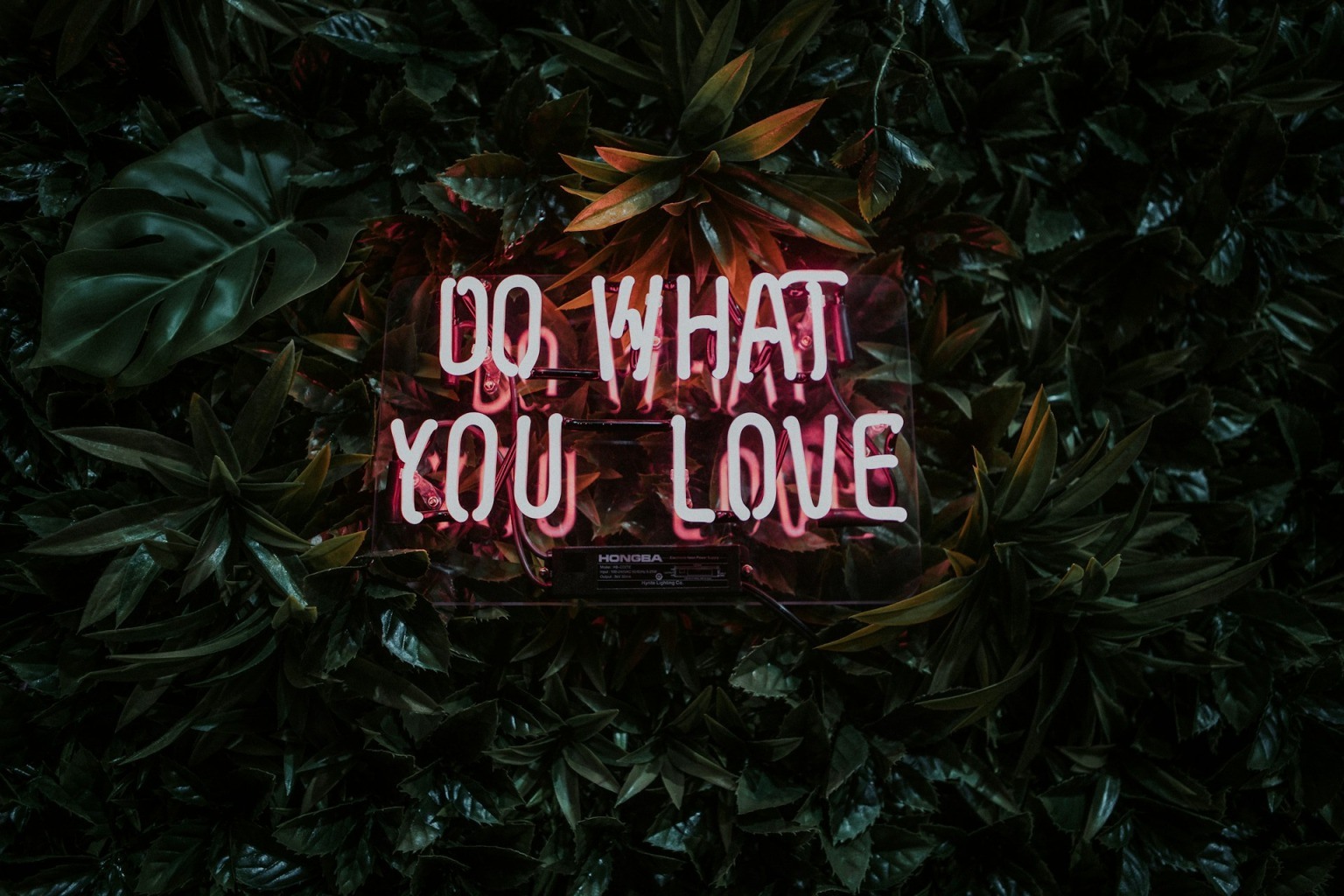
Celebrating the International Week of Science and Peace
Tatiana Charikleia Styliari

Our careers are a big part of our lives, and just like in any area of life, letting joy and instinct guide us can lead to unexpectedly beautiful paths. Working in STEM can be both exciting and exhausting. It’s empowering to know that holding a STEM degree opens so many doors, such as access to knowledge, diverse career options, and often financial security. There is a vast amount of information out there, much of it free, with new tools and trends emerging constantly.
But what happens when you no longer want to learn new tools just to follow the trends and build a strong CV? In STEM careers, it's common for professionals to browse positions that use the latest technologies and promise strong growth, thinking, “Maybe this is what I need next to grow professionally.” And while that’s part of career development, I also ask:
What happens when you no longer want to chase tools just to keep up?
When learning becomes a checklist
In tech, we are often surrounded by roadmaps and role-based expectations. While these can be helpful, they can also suppress creativity. The constant need to grow your knowledge base, master new skills, and get certifications can really kill your creativity. It pushes you into a cycle of always chasing things: the ideal position, the perfect CV, the top skill. You get transformed into a technician, a soft skills master, aiming to build everything right. After doing all that, you might feel creative, but are you truly and intuitively creative?
The power of alignment
In my experience, authentic and intuitive creativity is possible when you are working on something that genuinely interests you. When the topic aligns with who you are, not just the job title. It is important to be in an environment where you like what the work is about — where your creativity and curiosity will find their place.
I have talked with people who set aside their passions to pursue careers and jobs that don’t align with their personalities because they pay well or are trendy. For example, I recently spoke to a friend who studies computer science, but she is talented in painting and design. She is thinking about pursuing software development positions no matter what. She even stopped painting even as a hobby, and she is now focused on getting a well-paid tech job. I completely understand the choice, since we all seek financial security. But what will happen if she listens to her initial interests and combines computer science with design? How likely is she to design in the future? How possible is it that she will follow a career path that maybe isn’t ideal for her, chasing one “perfect” opportunity after the other?
Sometimes in life, we make career choices that end up in progress, and other times, we just settle. What truly matters is to take care of our needs at the time, our real interests and follow what genuinely excites us and sparks our curiosity and creativity.
We are polymorphic people
We are polymorphic beings, and we have many interests and personal passions. I am not suggesting that we all must “follow our passion” at all costs — that’s not always possible. But it is possible to stay curious, to remain connected to who we are and to always nurture our curiosity and creativity.
What can we do to stay curious and creative while working in STEM?
Stay aligned, stay curious
Personally, I love art in all forms, so I follow this instinct by doing projects that inspire me in my free time and have related hobbies. This gives me the opportunity to think outside the box, combining my domain (data science, math & tech) with other fields. It also allows me to meet new people. For example, I recently met someone who loves photography and makes travel guides. He works in tech and in his free time builds applications, which are customized chatbots for traveling. I really got inspired by this! Intuitive curiosity is a powerful fuel.
Shift from What do I need? to What do I want?
Sometimes, you do need to upskill quickly. Deadlines happen. Roles evolve. We need to stay up-to-date. But you can still learn in a way that reflects who you are.
Questions like "Should I learn to use artificial intelligence (AI) because it’s popular?"
become more like “What if I learn how to use a small AI model to generate color palettes or forecast a football game outcome?” Every skill you learn is tied to getting a promotion at work, then learning becomes a job, not a joy, and that is surely not sustainable.
Well, remember that...
Being enthusiastic and authentic in a world trying to be smart and cool is a superpower. The only way to reveal that enthusiasm is to be yourself.